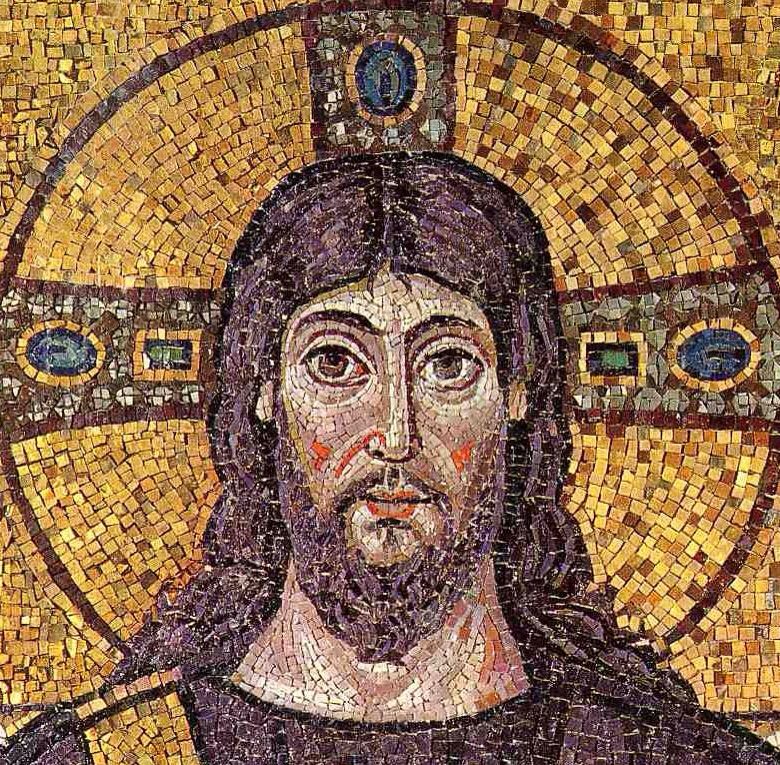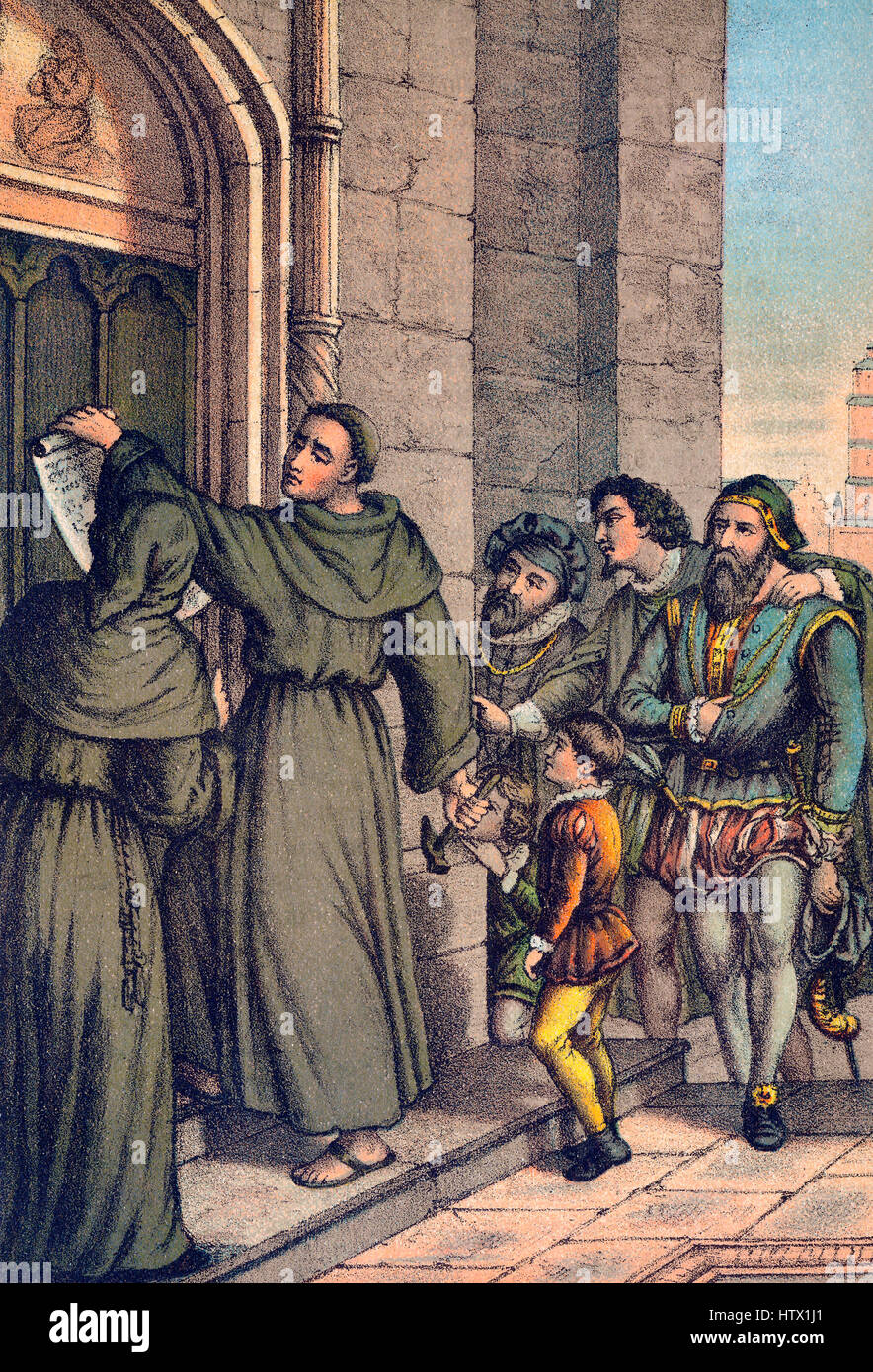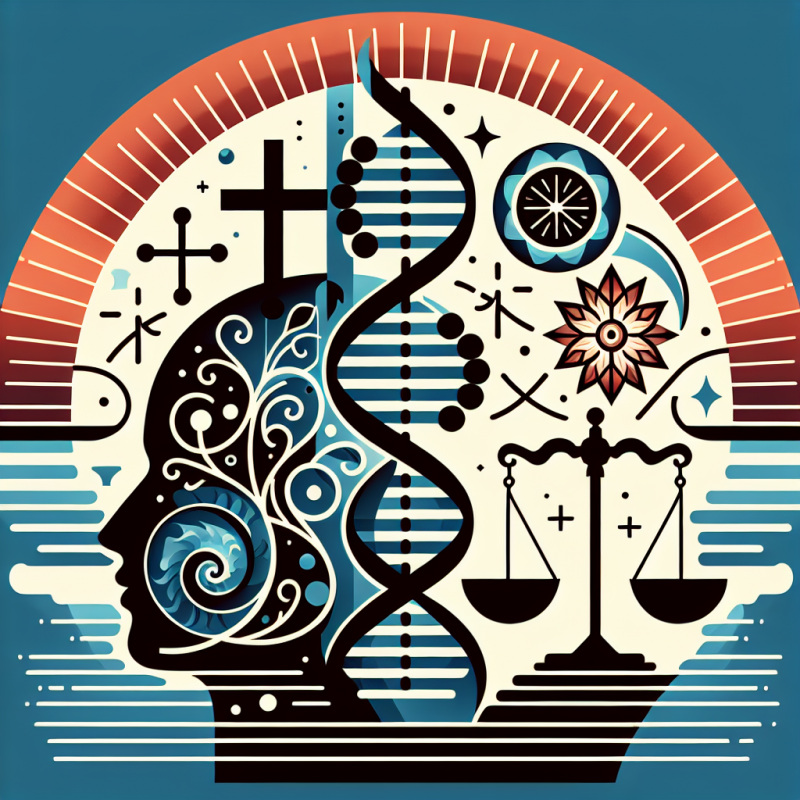The Influence of Historical Christian Movements on Contemporary Faith
Christian history is rich with diverse movements, each shaping our understanding of theology, spiritual disciplines, and the way we worship today. Exploring these historical Christian movements enlightens us about how pivotal moments and key figures provided the framework for contemporary Christian thought, belief, and action. These movements, often emerging from periods of both spiritual renewal and contention, are steeped in theological reflection and have undoubtedly left a lasting imprint on the global Church.
In this article, I want to delve into some of the most transformative Christian movements, examine their impact on theology and practice, and reflect on how they continue to inform our present-day faith journey.
The Early Church and the Apostolic Era: The Foundation
The beginnings of Christian movements are rooted in the early church’s efforts to define itself amidst the Roman Empire’s religious landscape. The **Apostolic Age**, marked by the teachings of the apostles and early Christian communities, laid the foundation of Christian theology, emphasizing the life, death, and resurrection of Jesus Christ. This movement was not just about establishing doctrine but also about cultivating a deep sense of community and shared purpose—concepts that resonate with anyone grounded in their local church today. The Apostolic Church grappled with the immediate question: “Who is Jesus?” A question that, when answered, directly shapes the trajectory of the Christian faith.
The **Nicene Creed**, an outcome of the First Council of Nicaea (325 AD), remains a testament to these early theological deliberations. Even today, its proclamation of Christ’s divinity echoes in churches worldwide. This period laid the groundwork for theological frameworks that my own journey into seeking truth often touches on—how do we reconcile the historical Jesus with our personal encounters with the divine?
> “For I delivered to you as of first importance what I also received: that Christ died for our sins in accordance with the Scriptures, that he was buried, that he was raised on the third day in accordance with the Scriptures.” – 1 Corinthians 15:3-4 (ESV)
The Monastic Movement: Deliberate Spirituality and Discipline
The **Monastic Movement** that followed, especially prominent in the 3rd and 4th centuries, introduced a new focus on asceticism, contemplation, and community. Monks like **Benedict of Nursia** and the mystical theologian **John Cassian** helped shape how Christians understood discipline and the deliberate forging of one’s spiritual life through prayer, fasting, and meditation. Asceticism captured a certain yearning for holiness that continues to manifest in modern spiritual disciplines.
Monasticism significantly influenced the **spiritual disciplines** that are often discussed in our blog. These disciplines, which were embraced in earlier blog posts like “Embracing Spiritual Disciplines: Key Practices for Christian Growth,” remain vital for shaping Christian resilience today: prayer, fasting, and solitude remind us of the meaningful intersections between everyday life and intentional practice.
The Protestant Reformation: A Turning Point
Perhaps one of the most well-known movements, the **Protestant Reformation** of the 16th century, reshaped the entire Christian worldview. **Martin Luther**’s bold act of nailing his 95 Theses to the door of the Wittenberg Castle Church in 1517 was the spark that ignited widespread theological upheaval. The Reformation sought to address perceived corruption within the **Catholic Church** and emphasized *sola scriptura* (Scripture alone), *sola fide* (faith alone), and *sola gratia* (grace alone).
For many Christians, myself included, the Reformation’s emphasis on **personal faith** and the direct reading of Scripture has been profoundly influential. Like many, I treasure the accessibility of the Bible and how its teachings inform my personal faith walk. Through life’s trials—whether grappling with professional uncertainties or foreseeing illness—returning to the heart of Scripture brought me clarity and comfort. Reading the Bible for myself, through the lens of *sola scriptura*, has been essential to my spiritual growth.
> “The just shall live by faith.” – Romans 1:17 (KJV)
The Reformation also reminds us of the importance of **theological reflection**—a practice that has found a prominent place in recent blog discussions such as “The Enduring Legacy of Saint Augustine: A Great Christian Thinker.” Figures like **John Calvin**, **Zwingli**, and **John Knox** added further depth to Christian theology, covering the nature of God’s sovereignty, grace, and human responsibility.
The Great Awakenings: Reviving Christian Faith in the Modern Age
As we transitioned into the 18th and 19th centuries, the **Great Awakenings** swept through much of Europe and America. These were periods of religious revival, characterized by Jesus-centered preaching, deep repentance, and renewed Christian fervor. **John Wesley** and his methodical approach to spiritual life (founding of Methodism), along with the fiery sermons of **Jonathan Edwards**, were among the sparks that reignited the flame of Christian passion for **personal conversion** and evangelism.
Many contemporary evangelical practices have their roots in these revivals. The emphasis on community, spiritual growth, and spreading the Gospel mirrors the principles of these earlier movements. We can see this influence in how church services today emphasize preaching, worship, and calls for individual commitment to Christ.
Personal Reflection: Historical Movements as a Catalyst for Modern Faith
Reflecting on my own experiences with adversity, particularly in moments of personal crisis and societal injustice, I’ve found renewed faith through examining these past movements. The synthesis of belief and action—like that seen in the early monastic or Reformation movements—calls me to a faith that is both **deeply personal and outwardly active**.
Whether influenced by the theological debates of the Reformation or the personal revivals seen during the Great Awakenings, it’s evident that **historical Christian movements** weren’t just about changing structures inside the church; they profoundly shaped the heart of believers, including those of us grappling with faith today. The process of grappling with faith echoes how we interact with complexity in other areas of life, such as technology or business—a journey in which challenges lead to deeper understanding.
Enduring Lessons from Christian History: Understanding Our Faith’s Evolution
As we reflect on these movements, we see that the **evolution of Christian theology** and practice is a testament to God’s enduring guidance over His Church. Much like the exploration of **prophecies and their fulfillment**, as discussed in a recent post “Understanding Prophecies and Their Fulfillment,” these movements offer a window into how God’s sovereignty works across time.
For those eager to dive further into Christian history, I would recommend reading works like **Philip Schaff’s “History of the Christian Church”** or **Alister McGrath’s “Historical Theology”** as starting points. Both offer excellent perspectives for those who wish to engage with the theological heritage that came from these pivotal movements.
In summary, understanding **historical Christian movements** not only enhances our grasp of Christian belief but also shows us how theology, discipline, and devotion have evolved together to guide the Church to where it is today. By looking back, we can discern how to navigate the challenges of our spiritual lives—much like how the monks, reformers, and revivalists did, each in their time, to leave a lasting legacy. Let us continue to dive deeper into our faith, knowing that what we believe today is built on the steadfast traditions and lessons of generations past.
Image Placeholder and Video Placeholder
** **
**
** **
**
**
**
**Focus Keyphrase: Historical Christian Movements**



When looking at these transformative movements, it’s clear that the Church’s history isn’t just a collection of past events but key influences that shape our practices, thoughts, and spiritual growth today. – David M
This article resonates deeply with my own questions about how faith evolves with society. It’s fascinating to see how much historical movements like the Reformation still influence modern beliefs. How can we apply these lessons in creating more inclusive faith communities today? – Elena Martinez